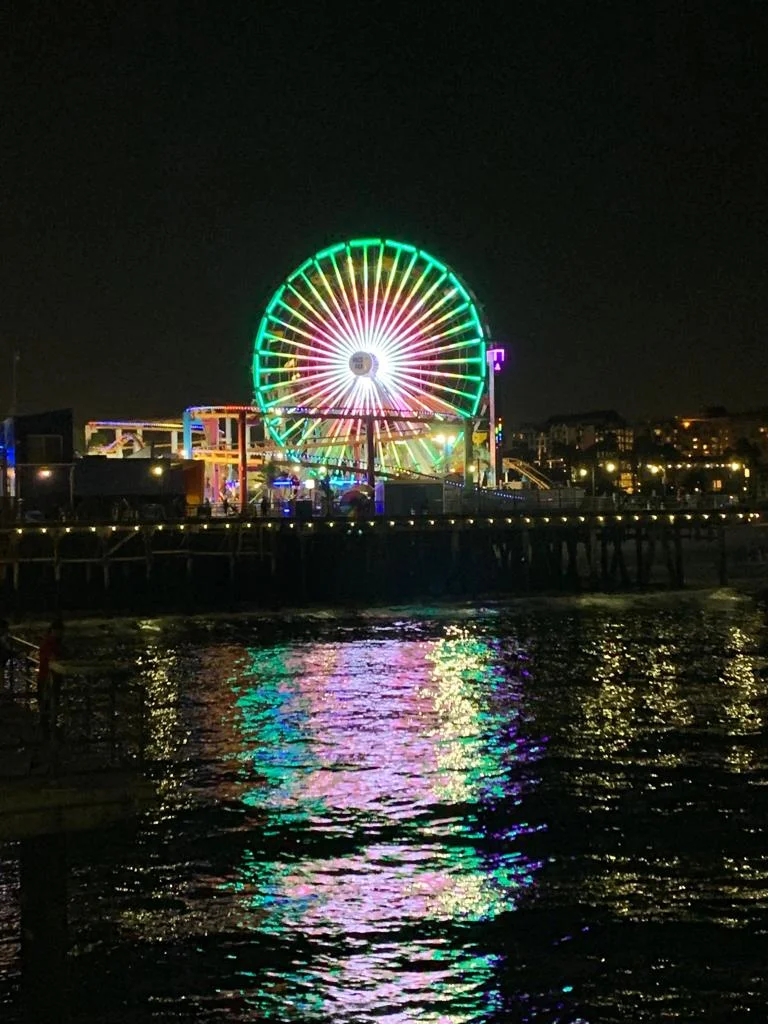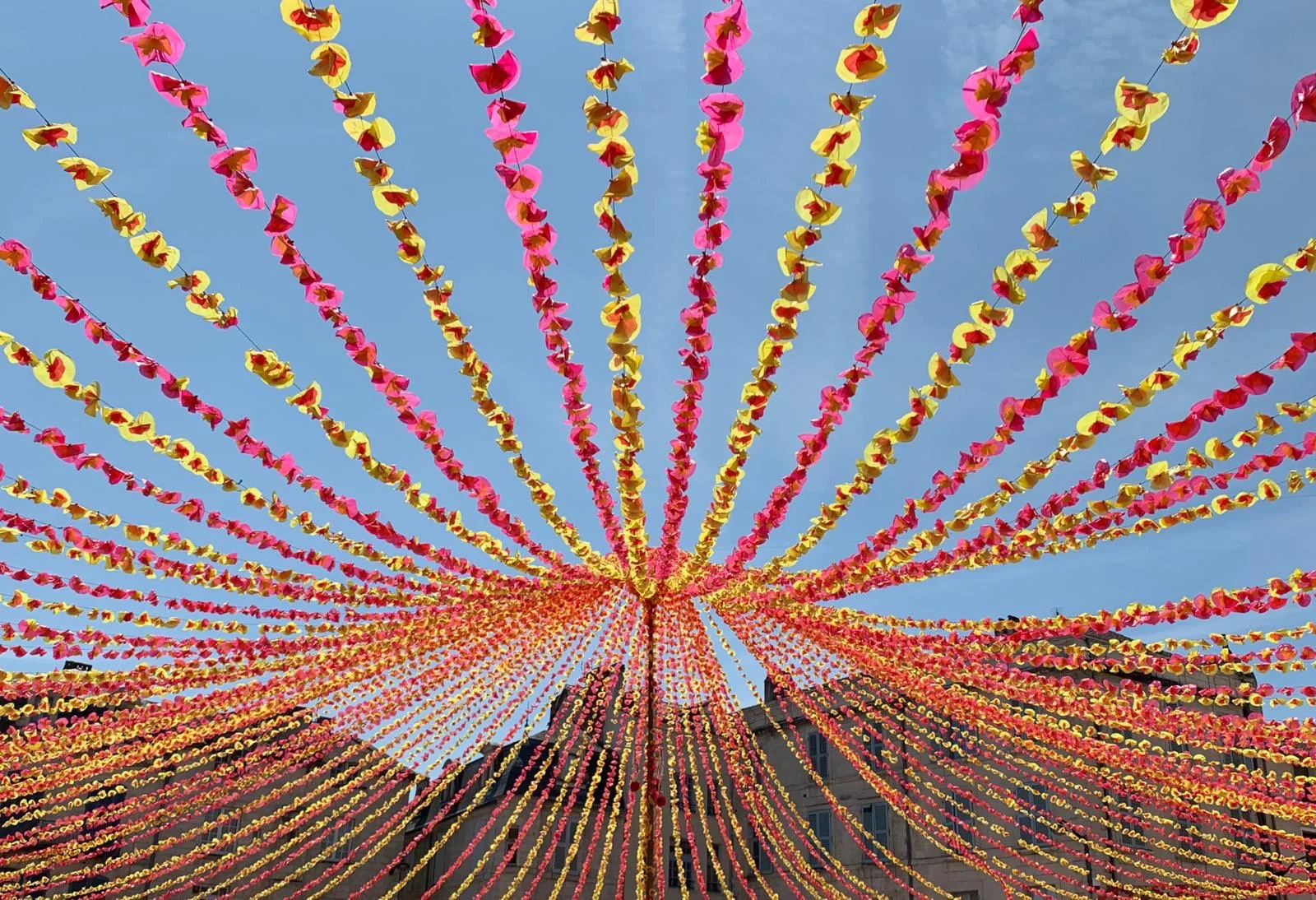A French Holiday: Part II
We sat on the terrace yesterday evening by the swimming pool long after night had fallen and the silhouettes of the tall trees in the distance could be seen in inky black definition against the dark sky. There was a definite chill creeping in on the air; a reminder that the season of autumn with its cooler cast of characters waits in the wings and a signal that, all too soon, our summer idyll will draw to a close for this year.
The Dordogne continues to enchant in the meanwhile. With the freedom that only an extended period of time can bring, we’ve been able to settle and begin to feel like we’re part of the furniture, if only momentarily. My daughter and I have been zipping around to various places and her happiness and comfort in her surroundings is palpable. We spent a lingering afternoon in the beautiful medieval village of Saint-Leon-sur-Vezere with friends yesterday. From the winding back streets with quaintly charming dwellings, the profusion of red and pink flowers spilling from window boxes, the cool interior of the twelfth century Romanesque church where a lady was praying before a beautiful statue of the Virgin Mary to the bucolic paradise of picnicking with fine food on the curving river banks, the ambience was effortlessly French. Somehow, as often happens in these situations, the exquisite detail of such a place whose roots are firmly buried in the soil, brought solace to my spirit which has long been battered by the surface deep life of Americana and all its accoutrements.
My daughter frolicked after lunch with her friend in the river while we adults chatted on the bank. The afternoon meandered to its own pace and we were happy to let it. With each year that passes the endless days of summer grow in significance for me and I am determined that my daughter experience the length and freedom of her holiday, just as my son did when he was young. And so for now she inhabits the magical space that is simply in between, where time somehow stretches and infuses itself with a golden glow and there is no sense of hurry or urgent need. It is, after all, in these moments that the true and sustaining memories of childhood are made and real development occurs.
My sister and I took an evening out at Chateau de Beynac a few days ago. A friend had told us about a performance of Macbeth there by Antic Disposition and we were lucky enough to be able to get tickets. This particular chateau is very much a castle in the traditional sense of the word. Built in the twelfth century it was occupied by some of the giants of the medieval period; Richard I and Simon de Montfort to name but two. Carved out of cliff rock it sits 150 metres above the Dordogne River. The play was performed at the top of the castle on the five point terrace with astounding panoramic views of the entire valley below. It wasn’t difficult to conjure the days of old and to envision the soldiers scanning the battlements for the enemy’s approach on the distant horizon.
Antic Disposition specialize in summer touring performances of Shakespeare in grand French locales such as this. As the evening drew in and the audience took their seats on the terrace around the small square of grass which would be the stage, conversation hummed in the air and I noticed the cast standing just off to the left, waiting to begin, talking and laughing quietly with one another. It struck me that we were about to witness the creation of true art, of something beautiful and meaningful from nothing. This ordinary group of people were going to appear before us, on the simplest of stages, with scant props and no sets save the castle itself and perform one of the most powerful plays in the English language. How much have we lost in today’s world of the blockbuster with endless takes, a plethora of cameras and CGI.
The performance was a delight! Macbeth is perhaps my favorite Shakespeare play and it’s notoriously difficult to perform successfully. The actors were uniformly strong and gave compelling performances, the pace was fast and the dialogue was wonderfully delivered. Several members of the small cast doubled up on roles and the terrifying trio of witches, dressed as maidservants, were present for the majority of the scenes which ensured that the menace never departed the stage for long. The audience was rapt throughout and as Macbeth lay defeated and slain at the close I couldn’t help feeling that we’d just been part of a rather extraordinary evening where the lamp of Western culture had shone out and briefly irradiated the darkness.




